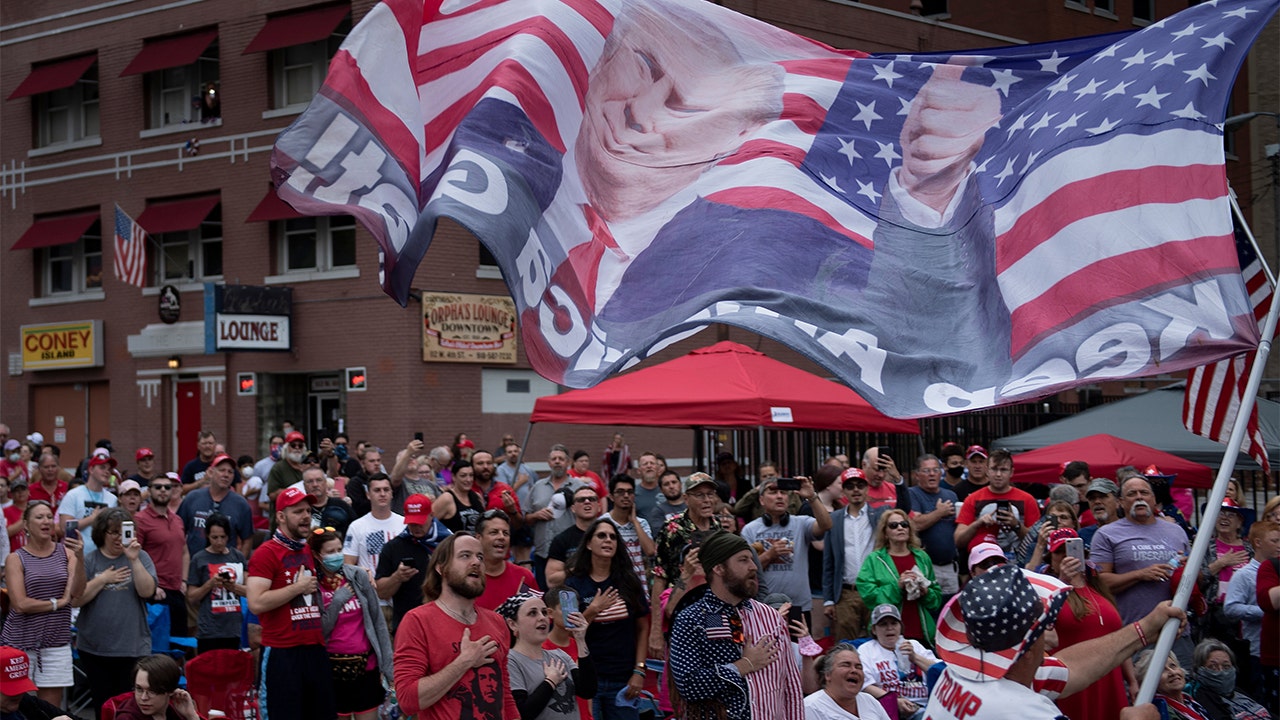JimBowie1958
Old Fogey
- Sep 25, 2011
- 63,590
- 16,753
- 2,220
I agree with his definition for the most part here.

 www.foxnews.com
www.foxnews.com

Bobby Jindal: Populist Republicans – Can traditional conservatives adapt to this movement?
Conservative populists are attempting to reshape the party away from traditional corporate-friendly economic policies.
Traditional economic conservatism has long been grounded in the secular trinity of free markets, less regulation and lower taxes. Whereas Republicans have historically embraced free trade and legal immigration as a natural expression of these principles, Donald Trump famously upended both these positions on his way to winning the Republican nomination. ...
Trump has long openly embraced a more mercantilist economic approach, especially regarding China and trade deficits, and COVID-19 has created more converts for his cause.
Populists are calling for diversification from China, and reshoring of key industries like semiconductor, active pharmaceutical ingredient, and personal protective equipment manufacturing. They blame elites in both parties, government, the private sector and media for hollowing out America’s economy while personally benefiting. Populists pride themselves on looking beyond maximizing production or profits as the highest or only good. The Department of Health and Human Services has already awarded a $354 million contract to Phlow to manufacture key drugs and ingredients domestically.
Populists are particularly alarmed about the rise of China, and see its admission into the World Trade Organization as the beginning of the end of the world order that facilitated America’s economic rise through the Cold War. There is deep suspicion that China has manipulated multilateral organizations and treaties to aid its rise at America’s expense. ...
Trump’s America First approach to foreign policy extends beyond China, and recognizes the reality that other nations have been acting on behalf of their own interests all along. Trump has withdrawn from the Open Skies Treaty and Intermediate-Range Nuclear Forces Treaty, used the threat of withdrawing from NAFTA to renegotiate the trade deal with Mexico and Canada to include better terms for American companies and workers, and withdrew from the Iran nuclear deal. ....
Beyond departing from corporate-friendly Republican orthodoxy on trade and immigration, conservative populists express skepticism toward larger companies. They are more sympathetic to blue-collar manufacturing jobs in traditional industries like extraction, steel, autos and construction than new technology companies. While Trump has approved the Keystone Pipeline, his Department of Justice is expected to pursue antitrust litigation against Google this summer. Attorney General William Barr has repeatedly criticized Apple for refusing to unlock iPhones after terrorist attacks, and Hawley has called for breaking up Facebook.
In contrast to calls for a universal basic income from wealthy tech titans, populists elevate the nobility of work over consumption and thus share traditional conservatism’s skepticism toward welfare transfer payments.
Despite their misgivings about welfare, populists are less worried about deficits or cutting government spending. They are more open to making common cause with progressive Democrats than centrist Democrats, viewed as corporate shills, on particular issues benefiting deserving working-class Americans.
